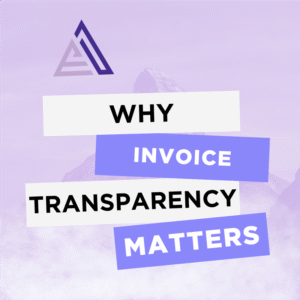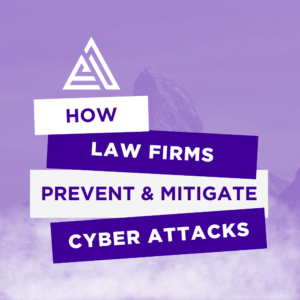Key Steps to Successful Short Message Data Collection
When it comes to eDiscovery, the collection of data from short messages such as text messaging, chat programs and social media messaging is important and must be done correctly. Ensuring the accuracy, completeness and integrity of short message data collection is paramount for a successful outcome.
Here are things to consider:
Identify and Preserve All Sources for Relevant Data
The first step in short message data collection is to identify every potential source where relevant data may reside. This includes not only traditional text messaging platforms but also chat applications like WhatsApp, Slack or Microsoft Teams and social media messaging platforms such as Facebook Messenger or X (formerly Twitter) DMs. It’s crucial to cast a wide net to be sure no relevant data is overlooked. Once identified, the data must be preserved to prevent any tampering or loss of information.
Collect All Data
After identifying the sources, the next step is to gather all relevant data. This involves using appropriate tools and techniques to cull data from various sources while ensuring its integrity and maintaining a proper chain of custody. Depending on the complexity of the case and the volume of data involved, this process may require specialized expertise and resources.
Maintain Data Integrity and Chain of Custody
Protecting data integrity and a clear chain of custody is critical throughout the data collection process. This involves documenting every step taken, from identification and preservation to collection and analysis, to ensure the reliability and authenticity of the collected data. Implementing security measures and using encryption techniques can help safeguard the data against unauthorized access or tampering.
Adhere to Legal and Regulatory Requirements
It’s essential to understand and comply with relevant laws, regulations and industry standards governing data collection and privacy, such as the Federal Rules of Civil Procedure (FRCP) in the United States or the General Data Protection Regulation (GDPR) in the European Union. Failure to adhere to these requirements can have serious legal consequences.
Choose the Right Partner
Selecting the right partner for short message data collection can significantly impact the success of your eDiscovery efforts. Look for a reputable and experienced provider with a proven track record in data collection and forensic analysis. It should have the expertise, technology and resources to handle the complexities of short message data collection effectively. Additionally, ensure that the partner you choose adheres to industry best practices.
Everest Discovery and Relativity
At Everest Discovery, we prioritize data security and compliance. As an ISO27001:2013 certified company for the past seven consecutive years, we are committed to the safety of our clients’ data. Our expertise and dedication ensure that no relevant data is overlooked, and our clients receive comprehensive support throughout the discovery process.
As a RelativityOne partner, we give our clients access to its Short Message Reviewer which allows for the review of short messages along with the rest of the documents. It has a customizable review interface with specialized views, filtering options and tagging that is tailored to unique characteristics and short message data. In addition to integrating with other Relativity review tools, multiple users can work on short message data simultaneously, and there are built-in quality control mechanisms to ensure accuracy and reliability throughout the review process.
Hear from John Trickey on how an Everest client used Short Message Reviewer for a case and saved considerable time in the review process.
Successful short message data collection is a critical component of eDiscovery processes, requiring careful planning, execution and adherence to legal and regulatory requirements. By following these key steps and partnering with a trusted provider, organizations can ensure the accuracy, completeness and integrity of their short message data collection efforts, ultimately achieving successful outcomes in legal proceedings.









